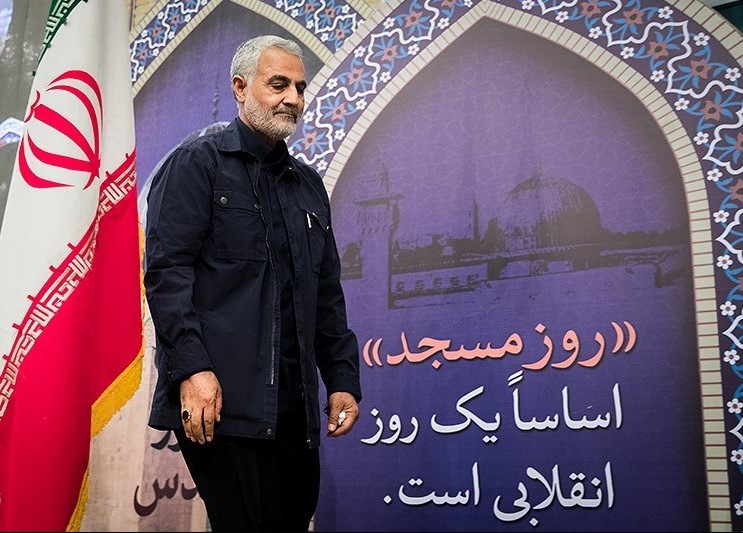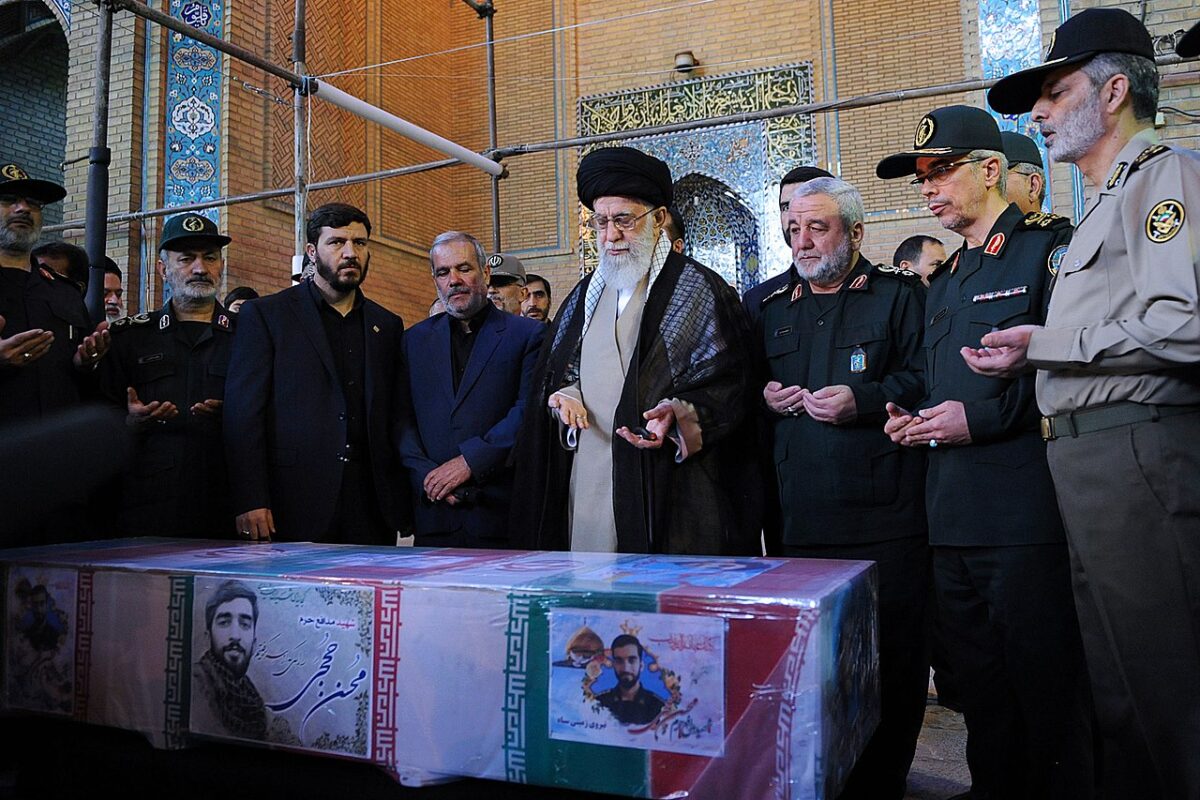Twitter, the social networking service, owes all its users a plausible and definitive explanation regarding the posts it allows on its platform. At the present time, Twitter’s policy is maddeningly inconsistent and seemingly contradictory. Twitter has left us all in a twilight zone of confusion.
In his final days in office, U.S. President Donald Trump’s Twitter account was permanently banned after he incited supporters to storm Capitol Hill. Yet strangely enough, Twitter has unexplicably permitted the supreme leader of Iran, Ayatollah Ali Khamenei, to post a succession of extremely noxious, inflammatory and deeply offensive messages.
Why the double standard?
Yesterday, Twitter suspended one of Khamenei’s accounts after he posted a threatening image of Trump playing golf under the shadow of a hovering drone emblazoned with an ominous caption, “Revenge is certain.”

The tweet, from Khamenei’s @khamenei site, was an obvious allusion to Iran’s threats to exact vengeance over last year’s U.S. assassination of General Qassem Soleimani, the commander of the Islamic Revolutionary Guard Corps’ Quds Force. In his tweet, Iran’s supreme leader wrote, “Revenge is inevitable. Soleimani’s killer and the man who gave the orders must face vengeance. Revenge can take place at any moment.”
A Twitter spokesman explained that @khamenei was suspended because his tweet violated the company’s “abusive behavior” standard.

However, other Twitter accounts linked to Khamenei, including his English-language account, remain open and active. They regularly call for Israel’s destruction or veer into Holocaust denial.
In one of his latest tweets, Khamenei wrote, “Palestine will be free, while the fake Zionist regime will perish. There’s no doubt about this.” Last spring, he posted an image invoking a “final solution” for Israel. Lest it be forgotten, this bland phrase was a Nazi euphemism for the extermination of Jews.
So the inevitable question arises. Why can Twitter ban Trump, while Khamenei is free to rant and rave as he pleases?
This jolting discrepancy begs a clear and unambiguous clarification from Twitter.
Last year, Israel’s minister of strategic affairs, Orit Farkash-Hacohen, sent a letter to Twitter’s chief executive officer, Jack Dorsey, requesting the “immediate suspension” of Khamenei’s account “over his consistent posting of antisemitic and genocidal posts.”
Twitter refused to suspend Khamenei, saying his tweets were not in breach of its policy because they were considered merely “sabre-rattling.”
Speaking to the Knesset’s Committee of Immigration, Absorption and Diaspora Affairs, Twitter official Ylwa Pettersson said, “We have an approach toward leaders that says that direct interactions with fellow public figures, comments on political issues of the day, or foreign policy saber-rattling on military-economic issues are generally not in violation of our rules.”
Twitter’s policy is convoluted and hard to understand.
Does it mean that Trump’s call to insurrection is more troubling than Khamenei’s vile threats against Israel or his denials of the Holocaust?
Does it mean that Israel’s continued existence as a sovereign state is of no importance to Twitter?
Khamenei’s fire-and-brimstone comments about Israel transcend “sabre-rattling,” as Twitter superficially contends. Nor are they merely bombastic. Khamenei means what he says, yet Twitter has disappointingly chosen to downplay his loathsome screeds. As Twitter must surely know, Iran has been opposed to Israel’s existence since the 1979 Islamic revolution.
So, yes, Twitter is morally bound to ban Khamenei for life. If Trump fell short of meeting Twitter’s standards, Khamenei has failed miserably.
